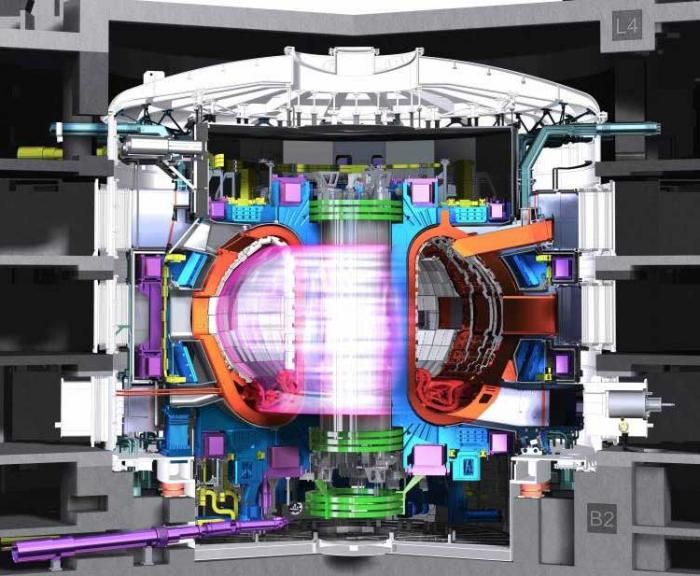JET reached 69 MJ for five seconds. JET is now a very old design. It's impressive they are getting this result, and even better that they are still using it while ITER continues to be ponderously built.
(edited.. not sure what the Q was, but lower than 1 obviously)
https://www.cnn.com/2024/02/08/climate/nuclear-fusion-energy-milestone-climate/index.html
(edited.. not sure what the Q was, but lower than 1 obviously)
https://www.cnn.com/2024/02/08/climate/nuclear-fusion-energy-milestone-climate/index.html





